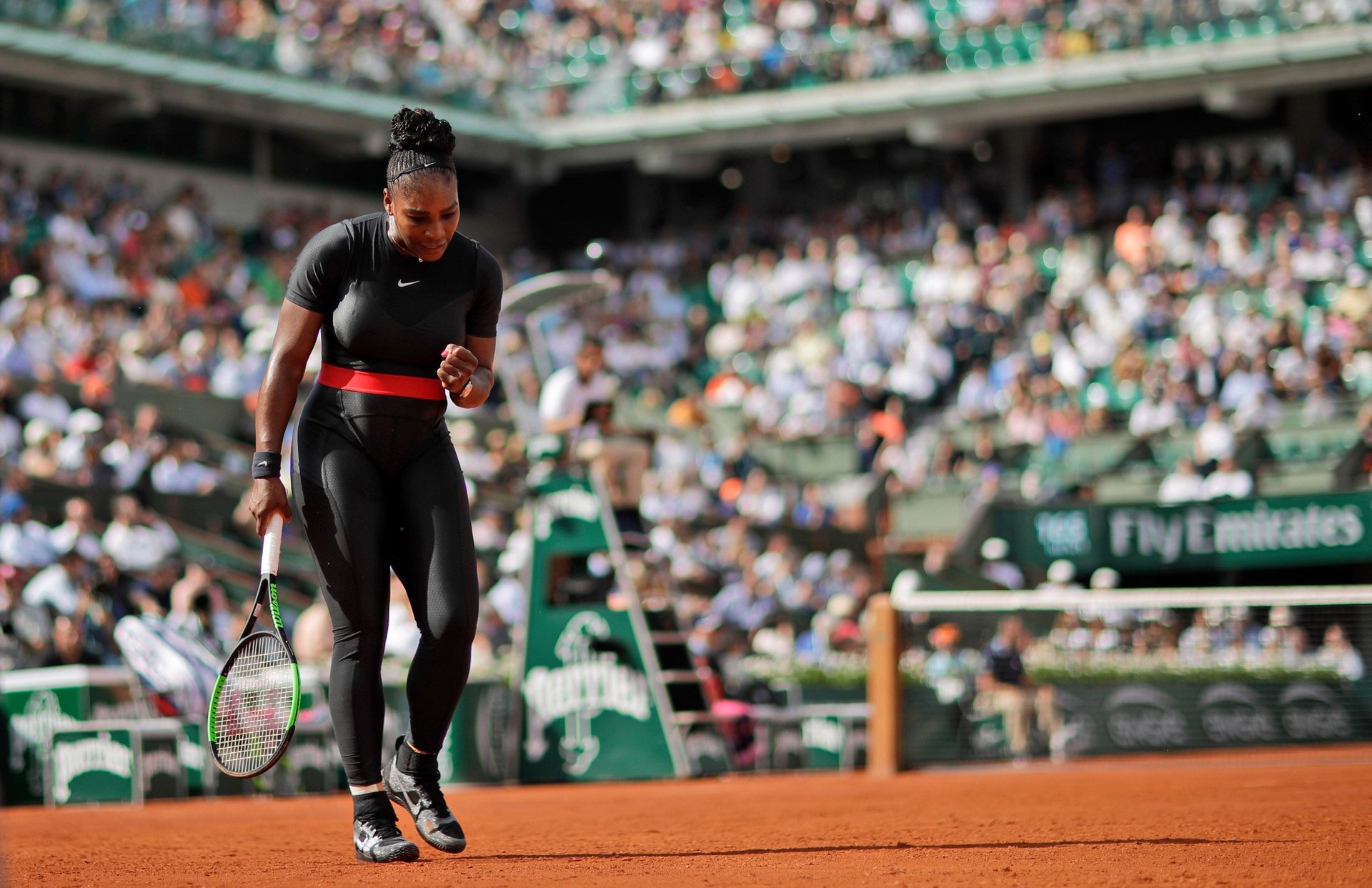Serena Williams’ reaction to her catsuit ban shows the power of knowing what you’re worth
Serena Williams is one of the greatest athletes of all time—and a global hero. Not only has she sustained a two-decade career, winning a mind-boggling 23 grand-slams (the most of any player, male or female, in the Open era), but she has done so while relentlessly fighting arguably the two biggest forces of social evil: sexism and racism.


Serena Williams is one of the greatest athletes of all time—and a global hero. Not only has she sustained a two-decade career, winning a mind-boggling 23 grand-slams (the most of any player, male or female, in the Open era), but she has done so while relentlessly fighting arguably the two biggest forces of social evil: sexism and racism.
In an industry like professional tennis, which (like most others) has historically valued maleness and whiteness above all else, Williams—the world seemingly shocked by the marvel of her black, female body—is often viewed as a threat.
For her courage to challenge the hierarchies of tennis, she had to endure all sorts of attacks. Some, like the racist, misogynistic comments on her appearance, have been overt. Others have been more subtle: The laughable narrative of a rivalry with Maria Sharapova, a player of much lower ranking, elevated to Williams’ level merely by her being white and blonde; the fact that her earnings continue not to match those of men she has surpassed in achievements; the idea that Williams, who won a Grand Slam while pregnant, now has to answer for her work-life balance plans like any other high-profile working mother (“Serena must balance daughter’s birthday with US Open demands,” blared the headline of a recent article from Reuters).
To all this, she has had one answer—winning.
Williams seems to have mastered the art of relying on past success to build confidence, then in turn relying on that confidence to achieve more success. It doesn’t just happen on the court. She shows it, every time, in her no-nonsense answers to nonsensical questions, too perfect not to be delivered with due satisfaction: Is she threatened by Sharapova’s good looks, as Donald Trump suggested? “I honestly don’t have any thoughts about that,” she replied to a journalist who once asked her. “I can’t say I have been intimated by anyone. That’s all. That’s it.”
Her posture throughout the catsuit debacle has been no exception. On Aug. 24, Bernard Giudicelli, the head of the French Tennis Federation, said the French Open was going to introduce a dress code because “sometimes we’ve gone to far.” The “we” he was talking about was Williams, whose catsuit outfit, he said, “will no longer be accepted.”
“One must respect the game and the place,” Giudicelli said, suggesting that Williams does neither—a white, male tennis bureaucrat trying to police the greatest active tennis player’s body, ridiculous in his attempt at imposing an old institution’s power dynamics over the woman who has defeated everyone in her path.
“Everything’s fine, guys” she said at a press conference, exuding the confidence of a woman who can’t be bothered by this small a battle.
Williams said she spoke with Giudicielli, whom she even said has “been really amazing.” She said she won’t be wearing the suit, which helps her with her blood clot issues, anymore. “When it comes to fashion, you don’t want to be a repeat offender,” she joked—a woman knowing full well she entered a game with rules that were designed for everyone but someone like her, and won anyway. A woman with no time to engage in a fight that’s far beneath herself. Another great woman’s words come to mind: “When they go low, we go high.”
Williams is a superhero with or without her catsuit on. Let the men of the French Open concern themselves with matters of fashion. She has bigger games to win.